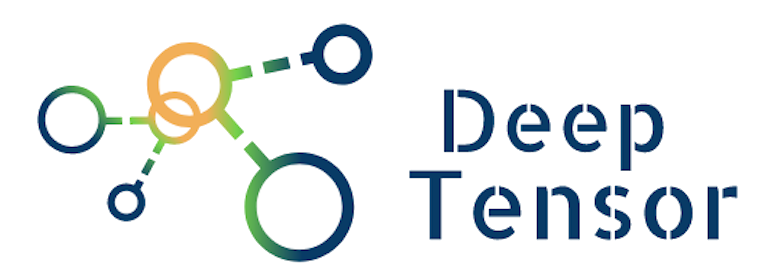If you haven’t spent any time reading about large language models (LLMs) like DTensor-LLM01, probably you didn’t know that it was “trained on 30 billion tokens.” But what does that actually mean?
Let’s break it down—and throw in a helpful diagram to visualize things.
1. What Is a Token?
At its core, a token is the smallest meaningful unit of data that an AI model processes.
Depending on how the model tokenizes data, a token might be:
-
A full word (like “hello”)
-
A subword (like “un-”, “break”, and “able” in “unbreakable”)
-
Or even just a single character (like “a”, “b”, “c”, etc.)
Think of tokens as the building blocks of language for AI models.

2. Why Do Tokens Matter?
The number of tokens in a dataset gives you a sense of its size and richness. The more tokens, the more information the model can learn from.
Here’s how it works:
Imagine a dataset made of full words as tokens. If someone says the dataset has 30 billion tokens, they mean it contains 30 billion words or word-like pieces.
Here’s a rough idea of scale:
-
1 book = ~100,000 words
-
1 million books = ~100 billion words
So, 30 billion tokens could come from hundreds of thousands of books, or vast stretches of web content, tweets, forums, code snippets, and more.
3. Why AI Needs So Many Tokens?
Training a language model is a bit like teaching someone to understand every nuance of a language, context, humor, logic, and more. That requires lots and lots of examples.
The more tokens you feed the model during training:
-
The better it understands grammar, syntax, and meaning
-
The more contextually aware and coherent its responses become
Here’s a diagram to show how scale matters:

4. Summary
So, when you hear “trained on 30B tokens”, it means:
✅ The dataset has 30 billion individual units of data
✅ Those units are called tokens — words, subwords, or characters
✅ This enormous dataset helps models learn language patterns more effectively
✅ More tokens = better performance in most cases
At DeepTensor AB, we offer comprehensive AI solutions to empower Large Language Models (LLMs) for both individual and enterprise use. Should you wish to develop specialized LLMs for particular fields, we are ready to assist you. For any questions or needs, please don’t hesitate to Contact us.


